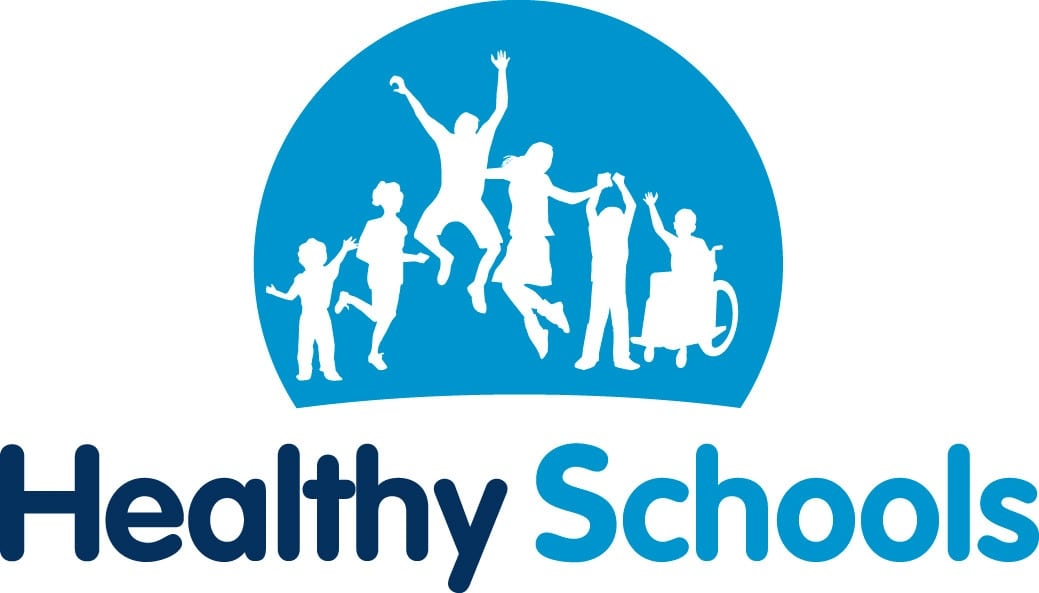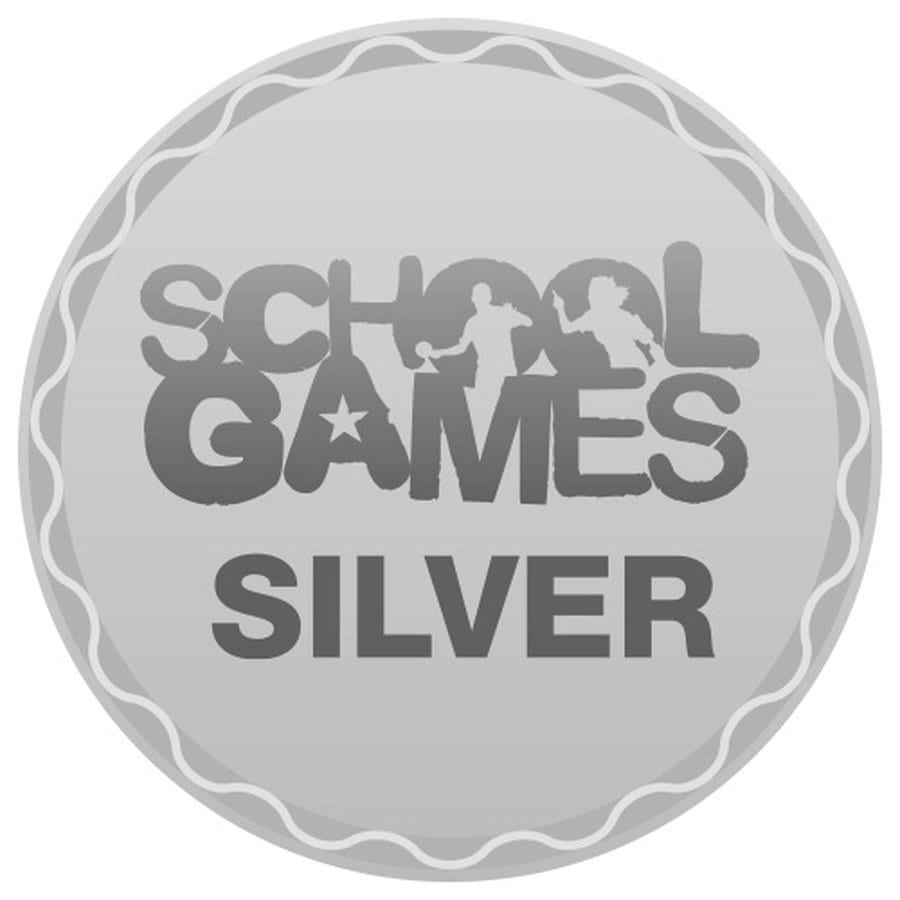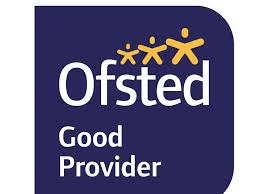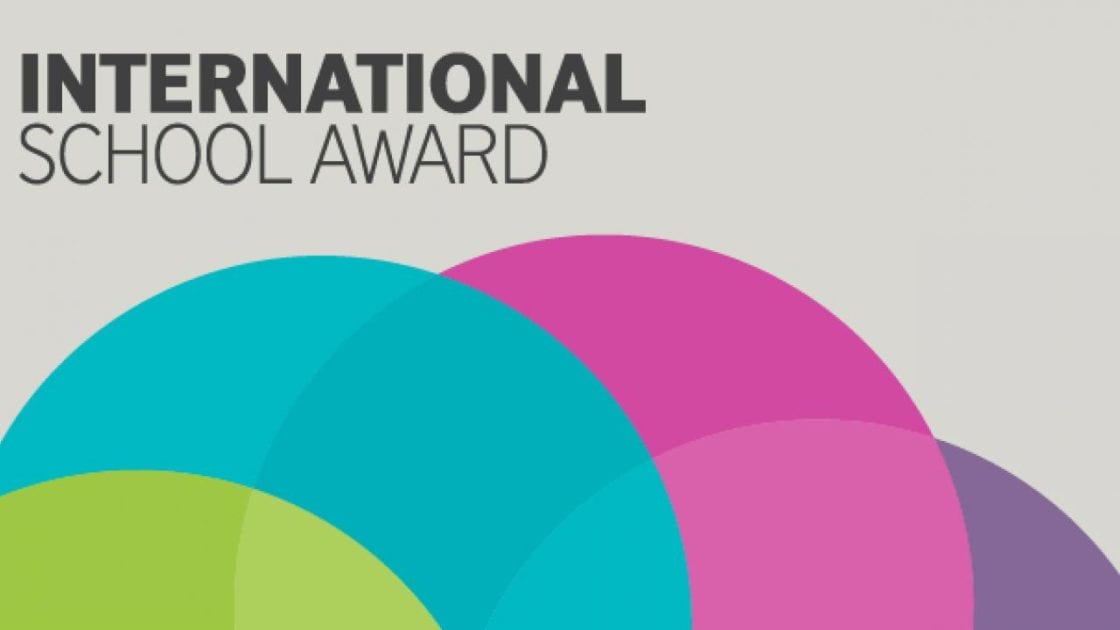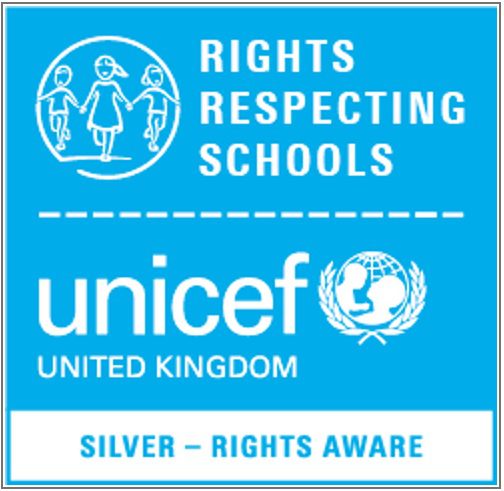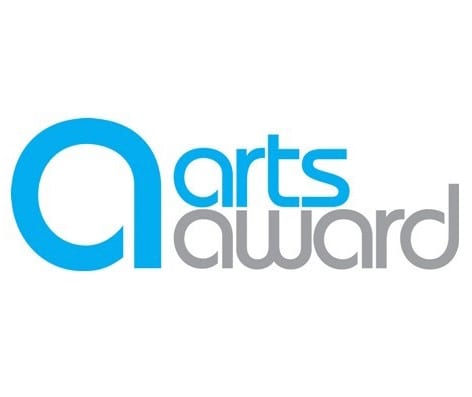Social, emotional and mental health is a top priority at Stanley Crook Primary School. We strive to ensure the positive mental health of all children through an enhanced PSHE curriculum, as well as providing further support for children with special needs in this area.
We have a range of therapeutic interventions available to children who require additional support with social & emotional development, including but not limited to;
Lego Therapy (EYFS/KS1)
LEGO-Based Therapy is a social development program that uses LEGO activities to support the development of a wide range of social skills within a group setting. Playing with LEGO in a therapy setting promotes social interaction, turn-taking skills, sharing, collaborative problem-solving and the learning of concepts. It can be used to target goals around social skills, language and motor skills. Lego Therapy supports self-esteem by allowing the participants to demonstrate their skills in a social situation. It also sets up a positive opportunity for guided social problem-solving to help develop social skills that can then be used in other situations.
Getting Along group (EYFS/KS1)
The focus of Getting Along group is to promote personal and social development. Inherent in the activities is the reinforcement of skills such as speaking and listening, turn-taking, sharing and cooperating. The development of these skills, together with raising self-esteem, is intrinsic in the aims of each session. A crucial feature of the group is that it does not simply focus on children who have deficits in their social skills. The group also includes children who can be supportive and provide positive role models.
During weekly sessions, children will start with a story that provides a focus for discussion for the main themes of that session. Children will then work together on an activity that involves making something that tangibly reinforces the learning outcome of that session. The activities are fun, colourful and enjoyable and are delivered in a relaxed atmosphere. It is important to create situations where barriers and prejudices are broken and children are encouraged to view each other, and themselves, more positively. Getting Along group is a great opportunity for children to extend their classroom learning and develop lifelong social skills.

